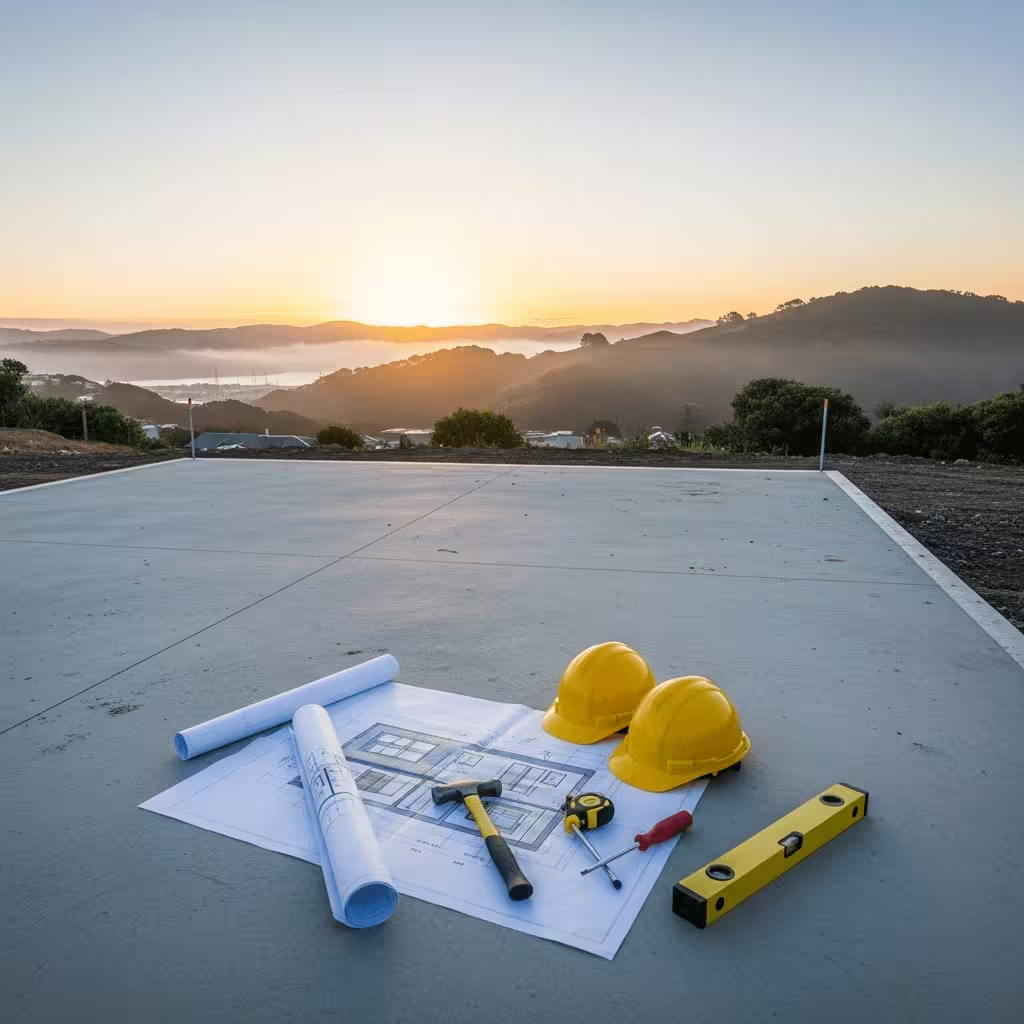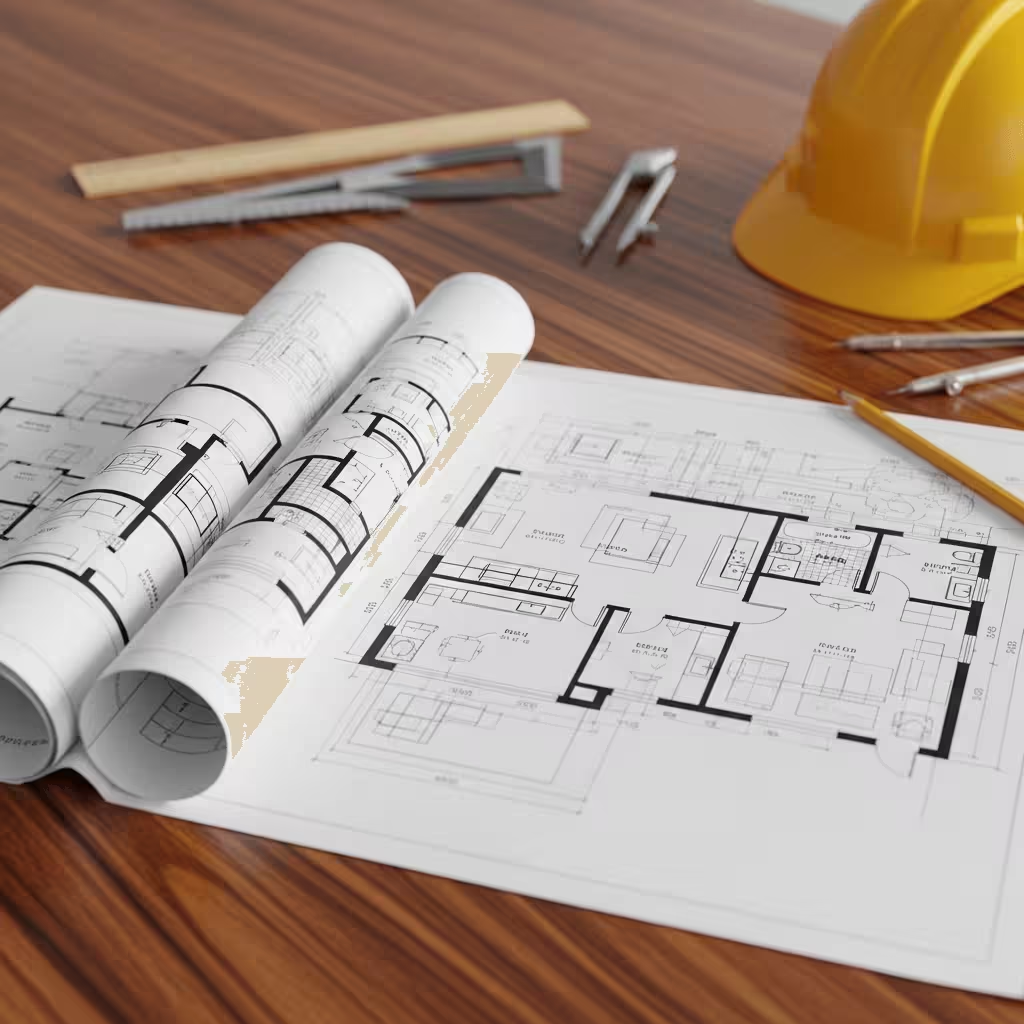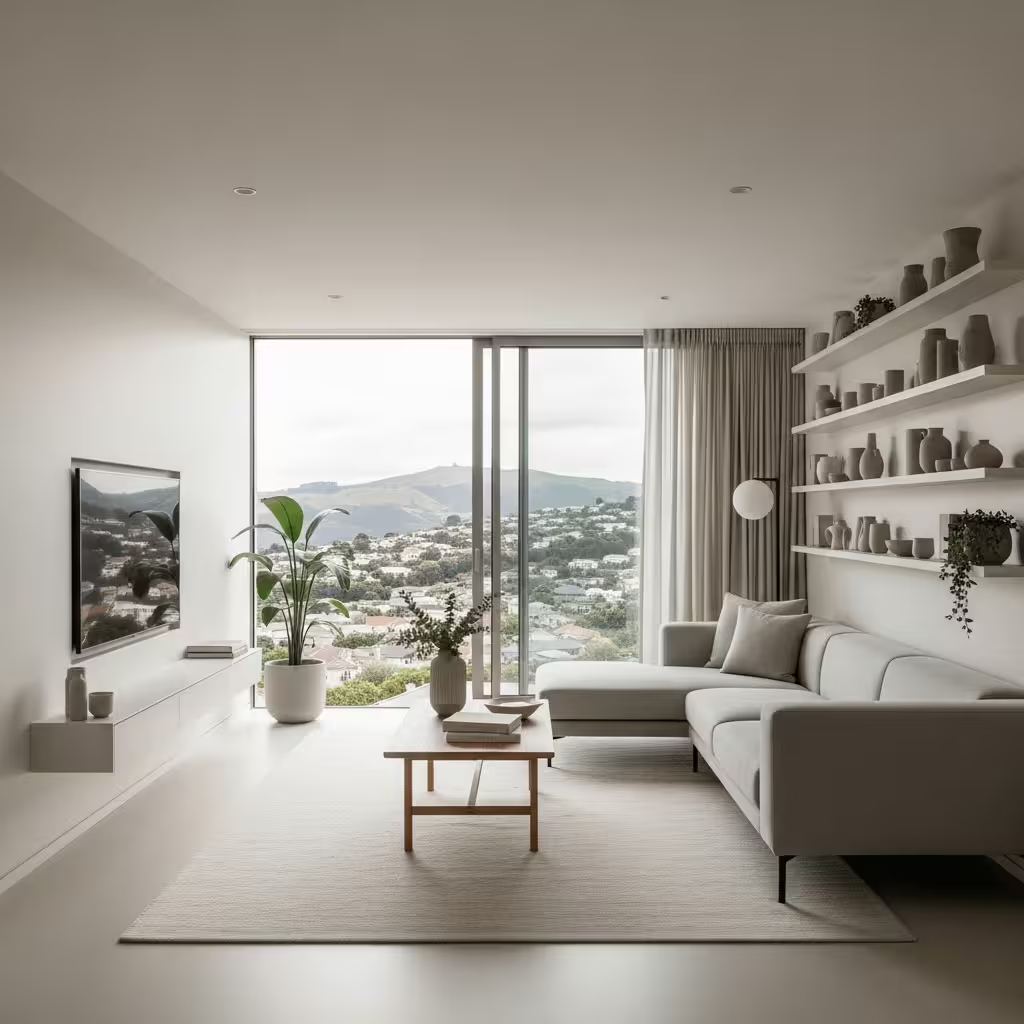Building a house typically takes around 1,500 to 2,500 hours depending on the size, complexity, and customization involved. Factors such as weather conditions and resource availability, especially in regions like Wellington, can also influence the total hours required.
- Introduction
- Factors Influencing Construction Timelines
- Planning for Efficiency in Home Construction
- Why Choose Clearcut Building Solutions for Your Home Build
- Frequently Asked Questions
- How many hours to build a house in Wellington?
- Does the house size affect the construction time?
- What role does planning play in reducing construction time?
- How do weather conditions impact construction time?
- Can advanced technology speed up home construction?
- What is the impact of material availability on timelines?
- How can I ensure my building project stays on schedule?
- Is it possible to estimate exact building hours in advance?
The question of how many hours it takes to build a house is one that sparks curiosity among prospective homeowners, construction enthusiasts, and even builders like Clearcut Building Solutions in Wellington, New Zealand. The timeline for constructing a house is much more than just an assembly of bricks and mortar. It involves meticulous planning, coordination of skilled labour, obtaining the necessary permits, and ensuring compliance with local building codes. Although a standard estimate ranges from 1,500 to 2,500 hours, the actual time required can vary significantly based on a myriad of factors, including the site’s location, the home’s architectural design, and the efficiency of the contracting team.
Factors Impacting Construction Time
Several key variables can affect how many hours to build a house might be necessary. First, the project’s scale and complexity are primary determinants; larger, custom-built homes will naturally take more time. Second, geographical aspects such as the location within Wellington can introduce challenges like adverse weather conditions, which may delay progress. Furthermore, the accessibility of resources and workforce availability can either streamline or hinder the construction process.
Planning and Preparation
Before construction begins, thorough planning and preparation are crucial steps that can significantly influence the hours needed for completion. This phase involves site inspections, drawing up architectural plans, securing financing, and possibly even some initial land development. In places like Wellington, obtaining all necessary permits and ensuring adherence to New Zealand’s building standards are additional considerations that must be factored into the overall timeline.
Role of Technology and Innovation
With evolving technology and innovative building techniques, the number of hours to construct a house has been steadily reducing. Modern equipment, prefabricated panels, and 3D printing contribute to faster and more efficient building methods. These advancements not only cut down on labour time but also promote sustainability and precision in the construction process.
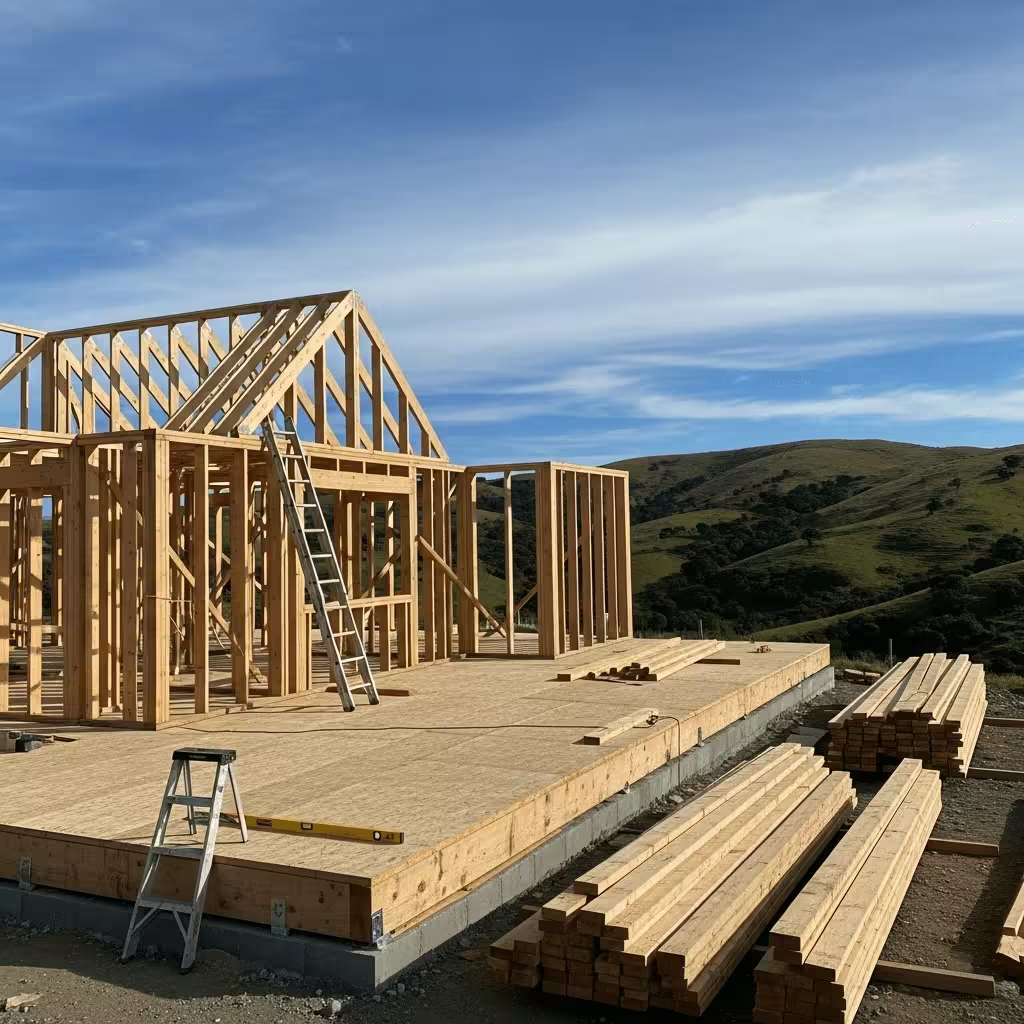
Factors Influencing Construction Timelines
Understanding the construction timeline is paramount to both builders and homeowners looking to embark on residential projects. Various factors intricately intertwine to dictate the exact number of hours required to complete a house. These components range from the availability of materials to the complexity of the house design, all of which substantially affect the overall timeframe of a construction project in Wellington, New Zealand.
Design and Planning Complexity
The complexity of the design and planning phase plays a crucial role in determining the construction timeline. Simple designs can be executed faster, whereas bespoke or intricate designs require significant time in meticulous planning and approval phases. Architects and builders must collaborate closely to ensure the design aligns with regulations and client expectations, effectively utilising tools and technologies to streamline this process. This stage not only includes the layout but also encompasses detailed aspects like energy efficiency, sustainability features, and smart home integration, each necessitating additional specialised hours.
Availability of Materials
The accessibility of building materials can dramatically influence construction speed. In Wellington, the supply chain logistics are crucial, especially considering recent global disruptions affecting materials availability. Delays in the procurement of essential materials such as timber, steel, and special finishes can result in considerable downtime. Clearcut Building Solutions always advises clients to work with suppliers early in the planning process to mitigate potential delays. Additionally, sustainable sourcing practices are becoming more prevalent, and while environmentally beneficial, they can also add complexity and time to this phase if not managed effectively.
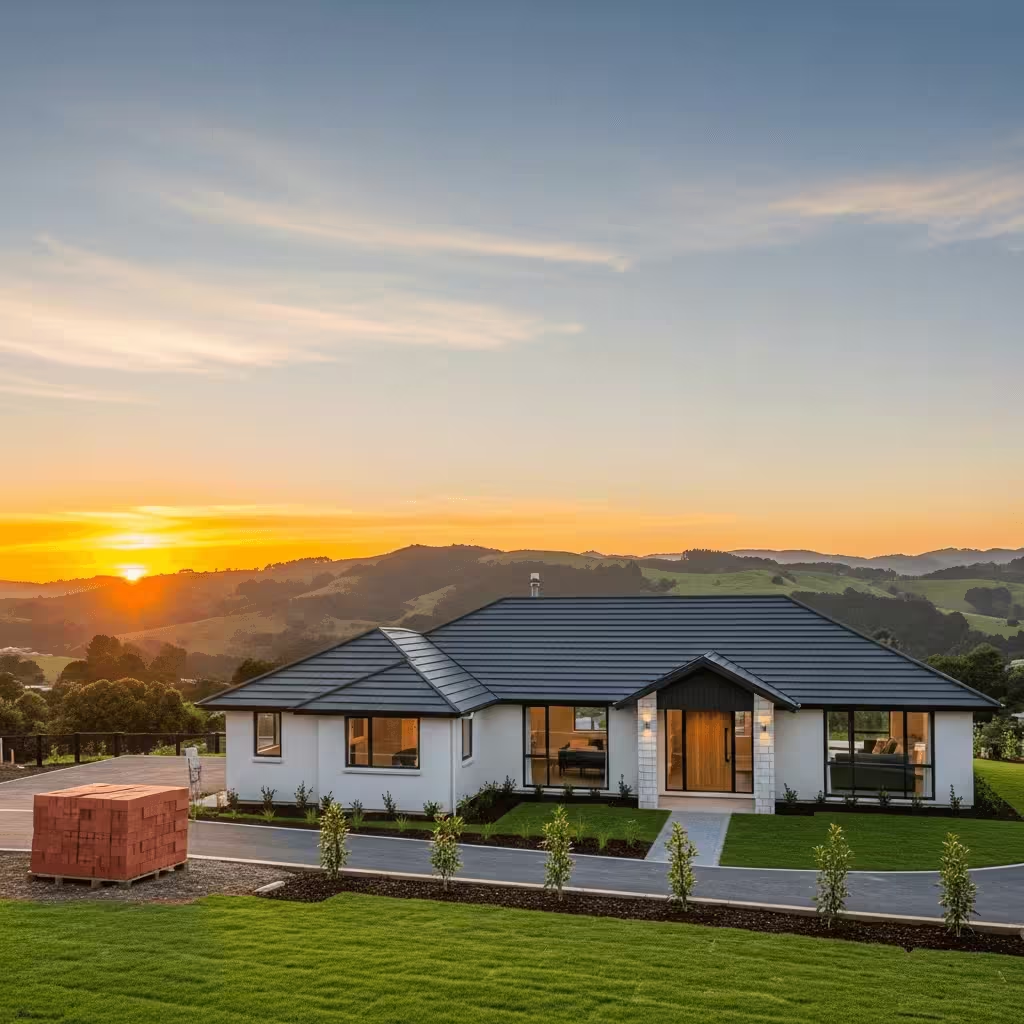
Planning for Efficiency in Home Construction
Building a house efficiently requires more than just skilled labour; it demands meticulous planning and strategic management to ensure that each phase contributes optimally to the overall project timeline. By focusing on detailed scheduling, efficient resource allocation, and adopting innovative construction techniques, builders can significantly reduce the hours it takes to complete a new home build. This section will explore practical strategies to streamline construction processes and deliver high-quality results within a set timeframe.
The Importance of Detailed Scheduling
A well-thought-out schedule is the backbone of any construction project. Constructing a house involves numerous sequential and overlapping tasks; therefore, establishing a comprehensive timeline is crucial. Effective scheduling identifies potential bottlenecks and allows for early intervention, ensuring that tasks are completed in a logical order. Utilising software tools for project management can assist in creating realistic timelines and tracking progress, ensuring that every worker is optimally employed and reducing downtime.
Efficient Resource Allocation
Resource management plays a pivotal role in controlling the number of hours required to build a house. This involves the strategic deployment of both human and material resources. By having the right number of skilled workers on-site and ensuring that materials are available as needed, builders can prevent delays that typically extend construction hours. Implementing just-in-time inventory systems and hiring skilled subcontractors for specialised tasks enhance resource efficiency and help keep the project on schedule.
Adoption of Innovative Construction Techniques
Adopting new methodologies can significantly decrease construction time. Techniques such as prefabrication, modular construction, and the use of advanced machinery not only streamline workflows but also improve precision and quality. For instance, prefabricated panels and trusses can reduce labour hours dramatically as they are manufactured off-site under controlled conditions, resulting in faster assembly upon delivery. These advancements contribute to building durability while optimising the time taken to complete the project.
With these strategies in place, builders can effectively minimise the hours taken for house construction, focusing on quality and sustainability. As we explore further, choosing the right builder, like Clearcut Building Solutions, can make a crucial difference in realising these efficiencies.
Why Choose Clearcut Building Solutions for Your Home Build
When embarking on the journey to build your dream home, selecting the right builder is a critical step. Clearcut Building Solutions offers a perfect blend of experience, reliability, and local expertise, making them an exceptional choice for your home construction project in Wellington. Their approach is thorough and client-focused, ensuring your project is delivered on time and within budget.
Experienced Local Experts
Clearcut Building Solutions has a deep-rooted presence in Wellington. Their knowledge of the local building regulations, climate, and terrain is unrivalled, allowing them to efficiently anticipate and navigate any potential challenges. Unlike some other industry players, their commitment to staying updated with the latest regional developments ensures your home is built with both precision and care. This local expertise is crucial when considering how many hours to build a house, as it allows for meticulous planning and efficient execution.
What Sets Us Apart
What truly distinguishes Clearcut Building Solutions from other builders is their dedication to innovation and customer satisfaction. They incorporate advanced building techniques and sustainable practices into each project. Their team takes the time to understand your vision, actively involving you in the process to ensure the final outcome aligns with your expectations. Furthermore, they are known for their exceptional customer service, a reputation that is reinforced through numerous positive testimonials from satisfied clients.
For those looking for experienced builders in Wellington who value quality and efficiency, Clearcut Building Solutions is second to none. They provide a transparent service with clear communication, ensuring every aspect of your build is seamless and stress-free.
As you consider your options for building a home, choosing a reputable and skilled builder is essential. The next section will provide answers to common questions, shedding light on any uncertainties you may have about how many hours to build a house.
Frequently Asked Questions
How many hours to build a house in Wellington?
The number of hours required to build a house in Wellington depends on various factors, including design complexity, weather conditions, and the availability of skilled labour. On average, it may take several thousand hours to complete a typical residential home from start to finish.
Does the house size affect the construction time?
Yes, the size of the house significantly affects the construction time. Larger homes generally require more hours due to increased complexity and labour needs for larger floor areas.
What role does planning play in reducing construction time?
Effective planning is crucial in reducing construction time. With a well-thought-out plan, potential delays can be mitigated by ensuring a seamless flow of work and timely procurement of materials.
How do weather conditions impact construction time?
Adverse weather conditions can delay construction as certain tasks like roofing and external work are weather-dependent. Thus, weather is an important factor to consider in timeline estimates.
Can advanced technology speed up home construction?
Absolutely, advanced technologies such as 3D printing, prefabrication, and BIM (Building Information Modeling) can enhance efficiency, thereby reducing the number of hours needed to build a house.
What is the impact of material availability on timelines?
Material availability is a major determinant of construction timelines. Delays in material supply can halt construction progress, consequently increasing the total number of hours required.
How can I ensure my building project stays on schedule?
To keep your building project on schedule, it’s essential to engage with a reliable contractor, maintain clear communication, and regularly review timelines and milestones.
Is it possible to estimate exact building hours in advance?
While it’s possible to estimate building hours in advance, actual construction times may vary due to unforeseen challenges and changes in project scope or design.

